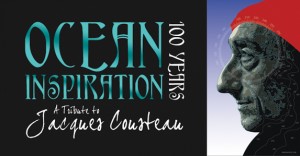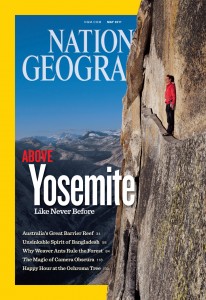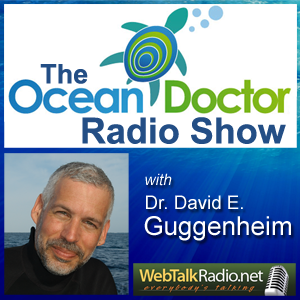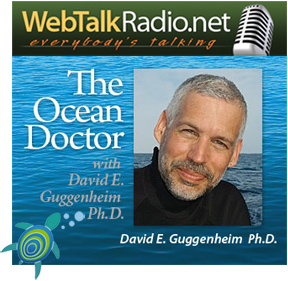VIDEO: Future of the Oceans Panel | Ocean Inspiration | Jacques Cousteau’s 100th Anniversary
 Jacques Cousteau’s 100th anniversary is an opportunity to come together and reflect on the future of Planet Ocean. Ocean Inspiration is a time to reconnect with our creative and intellectual capacity, and together move forward to positively impact our future.
Jacques Cousteau’s 100th anniversary is an opportunity to come together and reflect on the future of Planet Ocean. Ocean Inspiration is a time to reconnect with our creative and intellectual capacity, and together move forward to positively impact our future.
Explorers, dancers, scientists, artists, musicians, filmmakers, family and friends will come together in this once in a lifetime event. Through spirited discussions and live performances, the audience will be encouraged to create their own form of ocean advocacy. May 18 & 20, 2011: New York, NY / Washington, DC Read more





 HAVANA, CUBA – Final preparations are now underway for an August expedition to explore and map one of the least known areas of the Gulf of Mexico — Cuba’s northwestern coastal waters, including Cuba’s spectacular Los Colorados barrier reef. A joint effort of the University of Havana’s Centro de Investigaciones Marinas (Center for Marine Research) and the Harte Research Institute for Gulf of Mexico Studies at Texas A&M University-Corpus Christi, this, the fourth expedition in a multiyear project entitled, Proyecto Costa Noroccidental (Project of the Northwest Coast). (See
HAVANA, CUBA – Final preparations are now underway for an August expedition to explore and map one of the least known areas of the Gulf of Mexico — Cuba’s northwestern coastal waters, including Cuba’s spectacular Los Colorados barrier reef. A joint effort of the University of Havana’s Centro de Investigaciones Marinas (Center for Marine Research) and the Harte Research Institute for Gulf of Mexico Studies at Texas A&M University-Corpus Christi, this, the fourth expedition in a multiyear project entitled, Proyecto Costa Noroccidental (Project of the Northwest Coast). (See 